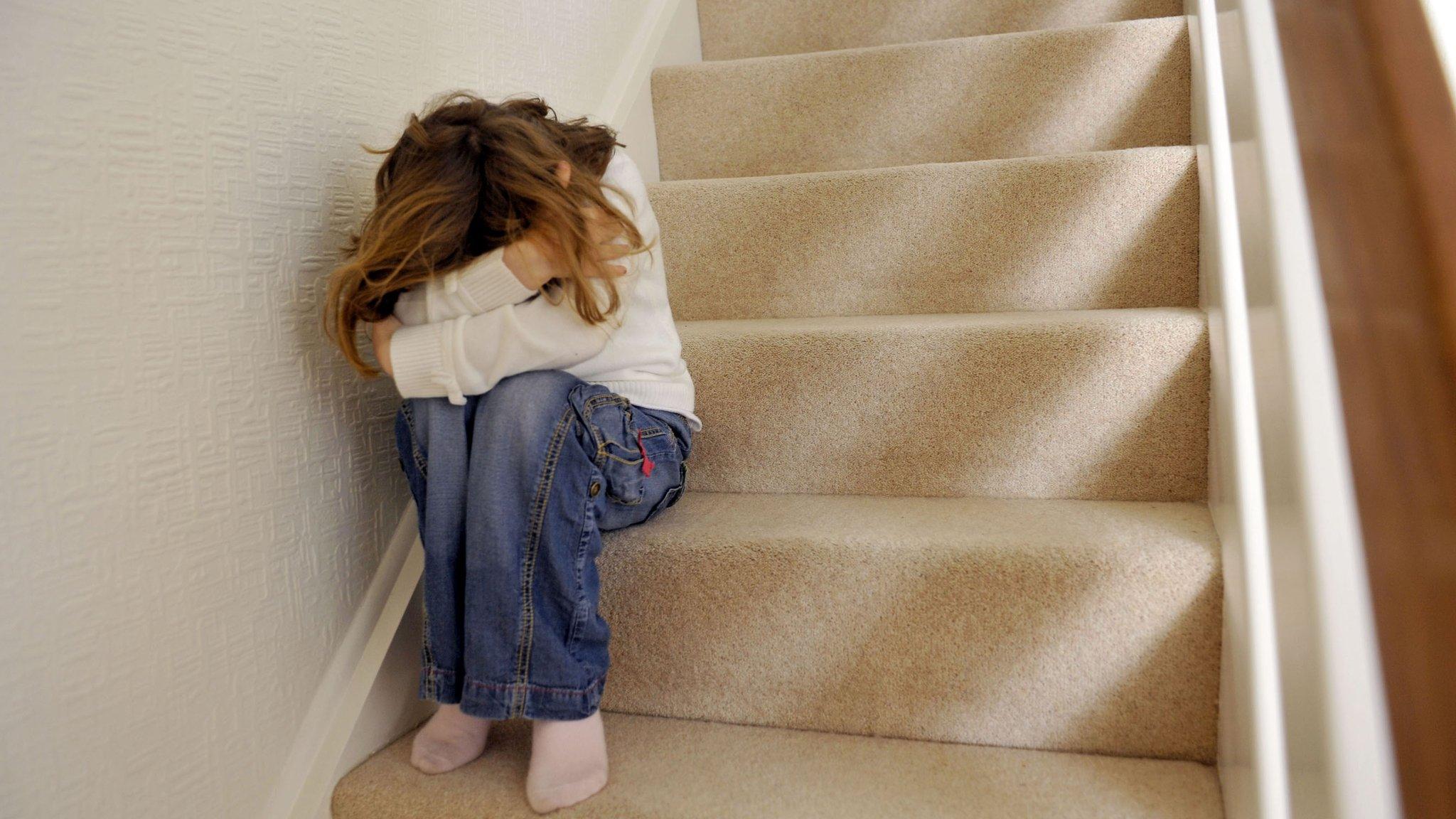Why disabled women can't access all refuges
- Published
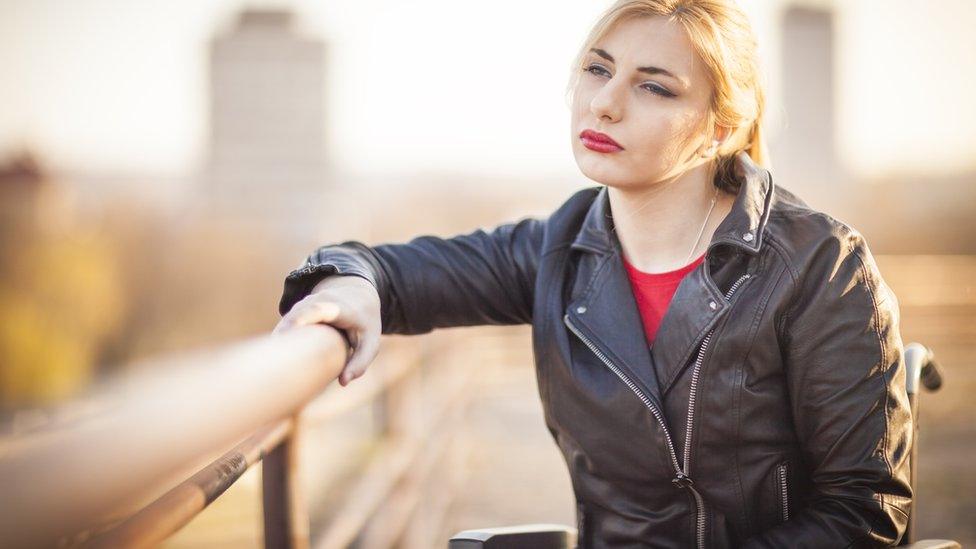
Stock photo - picture posed by model
Just one in ten domestic violence refuge spaces in the UK is accessible to people with physical disabilities, a BBC investigation has found.
Of the 131 councils that responded to a Freedom of Information request by BBC 100 Women, 20 had no accessible spaces.
And only 11% of individual domestic violence spaces are fully accessible.
It comes after a report last week, external suggested women with disabilities are more likely to experience domestic violence than those without.
The ONS report said 16.8% of women with long-term illness or disability were subjected to domestic abuse, compared to 6.3% of women without a disability.
Domestic abuse can include physical, sexual or emotional abuse - as well as withdrawing care from people with long-term illnesses or disabilities.
'Used and abused'
Sarah (not her real name) said she was repeatedly sexually abused by someone she thought was a friend.
She said her physical disability added to her feelings of helplessness.
"I was just used and abused. When he was around me, everyone thought he was really nice, but they didn't know what was going on in the background," she said.
"If I hadn't had a disability, the situation probably never would have occurred. Because that first night I would have just jumped out of bed and gone 'on your bike'.
"I said 'enough' a number of times, but then he would still come round."
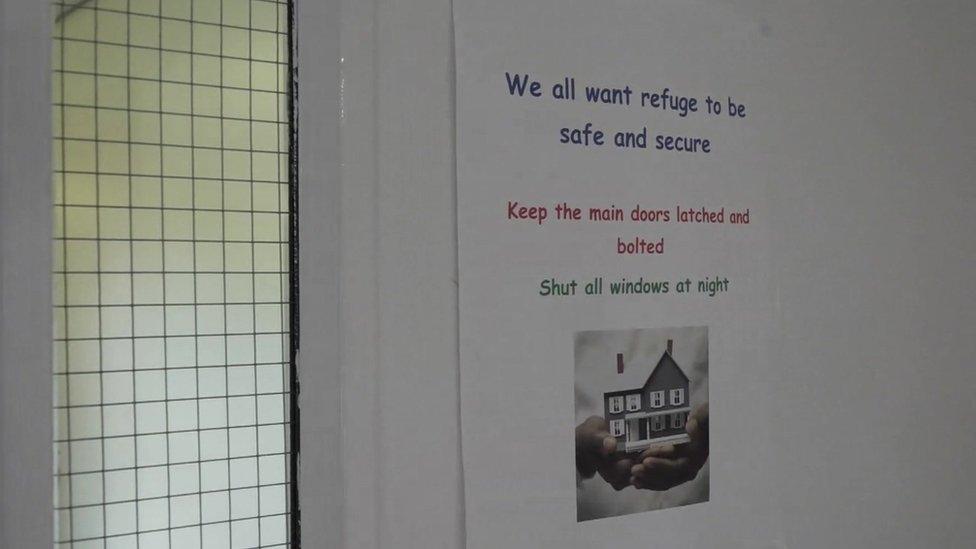
Those who work with disabled survivors say more funding is needed to improve the accessibility of refuges
Domestic violence refuges provide a place for both women and men to flee violence.
However, a Freedom of Information request by BBC 100 Women found only 11% of individual domestic violence spaces in the UK are fully accessible to survivors of abuse with physical disabilities.
Others may be accessible to survivors with other types of disability.
BBC 100 Women submitted FOI requests to 210 councils in the UK that provide refuge services, of which 131 responded.
Accessible spaces
Some local authorities, including Carmarthenshire and Solihull, said all of their refuge spaces were accessible to people with a physical disability, but the majority said less than 20% of their spaces were.
Twenty of the 131 councils that responded had no wheelchair accessible spaces, including the London Borough of Lambeth, which has 52 spaces.
Bec - whose full name has been withheld to protect her clients - is a manager at one refuge that has been purpose built to accommodate disabled women, their children and sometimes a carer.
She said: "If we can't do something to try and create a space that welcomes those women, and keeps those women as equally safe as women without a disability, it was going to be a hugely missed opportunity."
Sue finds accessible spaces for disabled women through Women's Aid's "No Women Turned Away" project.
"Sometimes if you've worked with somebody for three, four weeks and you still haven't found anything and you're phoning up saying, 'ever so sorry, but there's no space again now'.
"It can be very upsetting."
Council funding for women's refuges has reduced by 6% overall in the last five years according to data from 144 out of 210 UK councils contacted.
The largest cuts to council spending on domestic violence refuges were made by Southampton City Council, whose funding for domestic violence refuges has reduced by 65% since 2013/4.
Other councils including Newcastle upon Tyne and Darlington have increased their spend on domestic violence refuges by more than 150%.
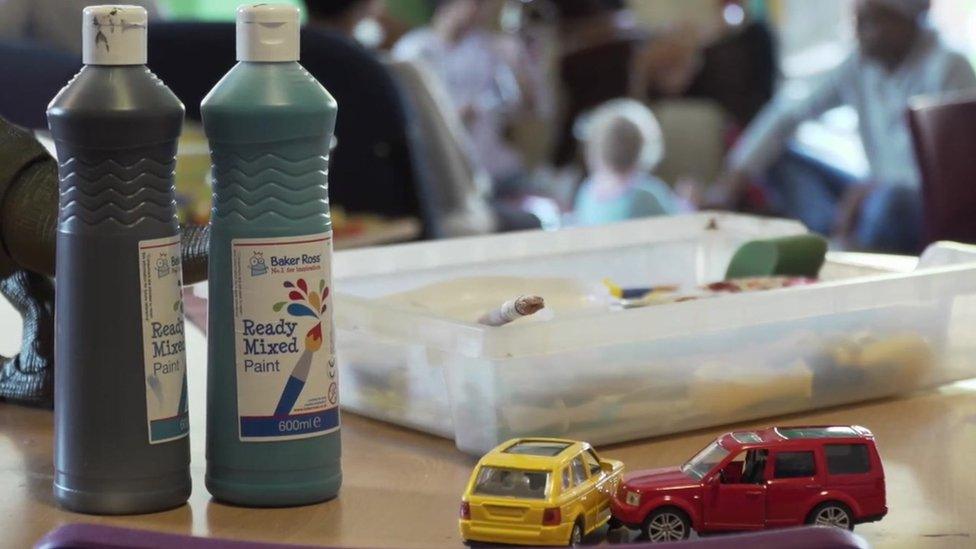
Some refuges have been purpose built to accommodate disabled women and their children
Government figures, external show an estimated 1.3 million women and 695,000 men in England and Wales experienced domestic abuse in the year ending March 2018.
A Local Government Association spokesman said: "Although [councils] have experienced significant budget reductions, they continue to work with other local partners to support victims.
"By 2020, councils will have lost almost 60p in every £1 they had from the government to spend on local services in 2010."
A government spokesperson said: "We are providing £22m which will support more than 25,000 domestic abuse survivors across England."
The 24-hour National Domestic Violence Helpline, can provide support for women experiencing domestic violence, their family, friends and others calling on their behalf. The contact number is 0808 2000 247 or 0808 802 1414 in Northern Ireland.


What is 100 Women?
BBC 100 Women names 100 influential and inspirational women around the world every year and shares their stories.
Find us on Facebook, external, Instagram, external and Twitter, external and use #100Women
- Published15 October 2017
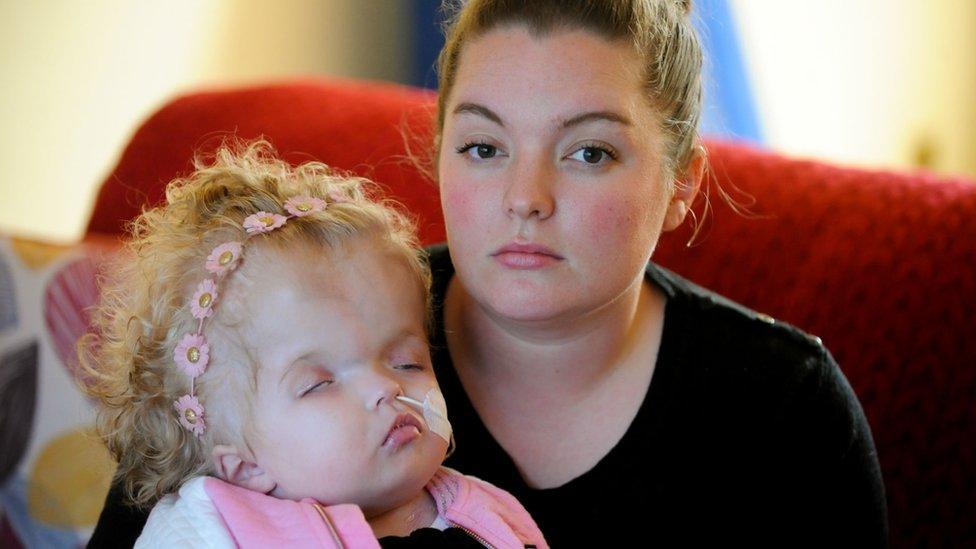
- Published18 May 2015
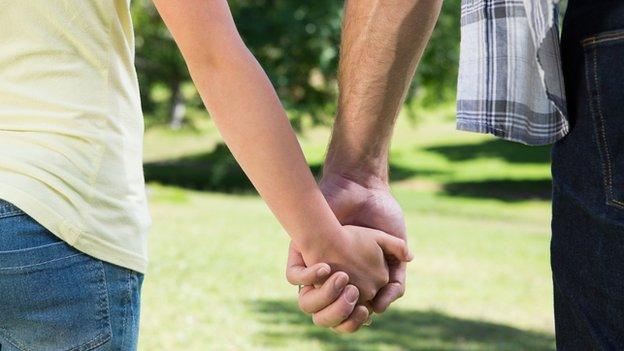
- Published10 September 2015
